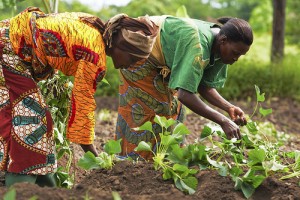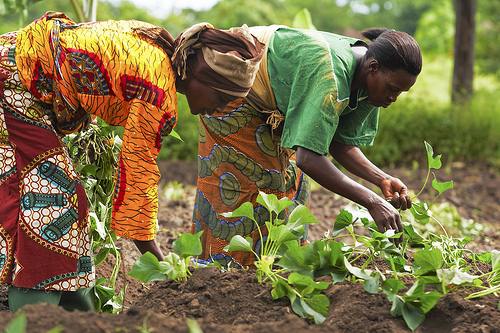A new study jointly conducted by the United Nations Development Programme and United Nations Environment Programme (UNDP-UNEP) wants African governments to come up with strategies which close the gender gap in the agriculture sector if women are to participate effectively.

The study titled, ‘Cost of the Gender Gap in Agricultural Productivity’ was conducted in three African countries; Uganda, Malawi and Tanzania. Results revealed the gender gap disparity in agriculture creates limited output.
Assessing the total cost of gender gap in the productivity output of women in the sector the report showed Uganda loses about $67 million (about 0.42 percentage of the total GDP) including the multiplier effects of benefits to other sectors in the economy. In Tanzania the cost is about $105million and Malawi the cost is $110 million.
The 29-page report provides quantification on the cost in terms of lost growth, opportunities and an estimate of what societies and economies would gain if the gender gap in agriculture is addressed.
Presenting the report in Kampala, David Smith, the manager – Africa in charge of poverty and Environment Initiatives at UNDP-UNEP said closing the gender gap in agricultural productivity could potentially lift 119,000 people in Uganda, 80,000 in Tanzania and 238,000 in Malawi out of poverty and improve nutrition since the majority of women depends agriculture as their source of income and food for their daily consumption.
“The surveyed countries need to come up with strong mechanisms to mitigates the challenges affecting women to effectively participate in agricultural productivity if these countries are to meet the UN development goals especially the goals to eradicate poverty and fighting malnutrition at the grassroots level,” Smith said.
The jointly published report between various UN agencies points out factors such as poor access to finance, application of out-dated technologies in the agriculture sector, cultural (such as poor access to land for commercial farming) and other factors like the environment and poor infrastructure and bargaining power for agricultural produces as the major obstacles which need to be worked on by policy makers if women are to increase their labour productivity in the sector.
The report states: ‘Our analysis finds that women’s lower access to farm labour is one of the most vital constraints contributing to the gender gap in Malawi and Tanzania.’

